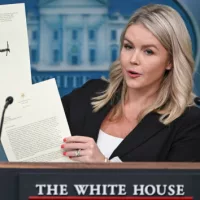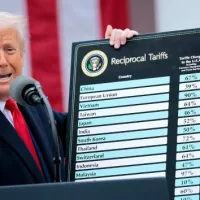 Steve Hamblin/Fuse/Thinkstock(NEW YORK) — The stakes are higher for picking your health care insurance this year, whether choosing employer-sponsored plans or health exchange coverage.
Steve Hamblin/Fuse/Thinkstock(NEW YORK) — The stakes are higher for picking your health care insurance this year, whether choosing employer-sponsored plans or health exchange coverage.
An individual must have some kind of coverage or pay the individual mandate penalty. For 2015, this will be $325 per adult in a family and half that much for each child under 18, up to $975 per household.
“Everyone should get some kind of coverage,” said Timothy Jost, a professor at Washington and Lee University School of Law.
Here are things you should know about open enrollment:
1. Deadlines
Know your employer’s open enrollment period.
Open enrollment for all health care exchanges is shorter for 2015: Nov. 15 to Feb. 15. Individuals may qualify for special enrollment periods beyond this time frame if, for example, they get married, have a baby or move.
2. Employer-sponsored vs. exchange coverage?
Some employees can decline employer-sponsored insurance and instead pursue tax credits on public exchanges. Employer-sponsored insurance must be affordable and offer adequate coverage, said Andrea Riggs, director of communications for GetInsured. If the employee’s contribution toward a plan is less than 9.5 percent of the employee’s household income, then it is deemed affordable.
An employee with low enough wages may also be eligible for Medicaid, Jost said.
3. Research a plan’s total cost
Don’t just focus on the premiums, Riggs said. A few employers, for example, do not cover hospitalization, Jost said. What’s the out-of-pocket limit? Does your employer offer a Health Savings Account (HSA), which can roll over and is yours to keep?
4. Vocabulary and mechanics
Healthy people who need less care should be more comfortable paying lower premiums (the amount paid for your health plan by you and/or your employer) with less coverage, Riggs said. This means higher co-pays (fixed amount paid for a service) and higher deductibles (the amount paid out of pocket before an insurer will pay up). People who need more care should opt for richer benefits (lower co-pays, lower deductibles) with higher premiums.
5. Don’t forget about providers and drugs
Make sure any doctors and specialists key to you are in a plan’s network, that there are enough providers near your home or work and that your prescribed drugs are covered.
Follow @ABCNewsRadio
Copyright 2014 ABC News Radio















